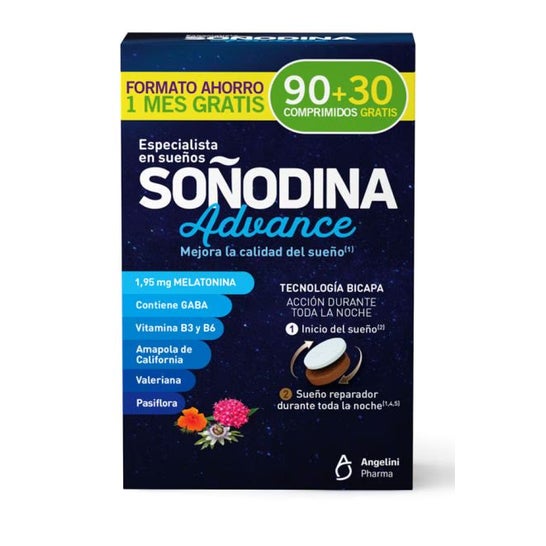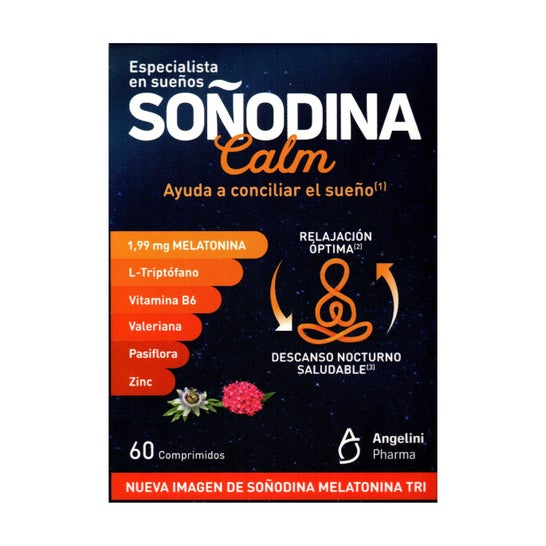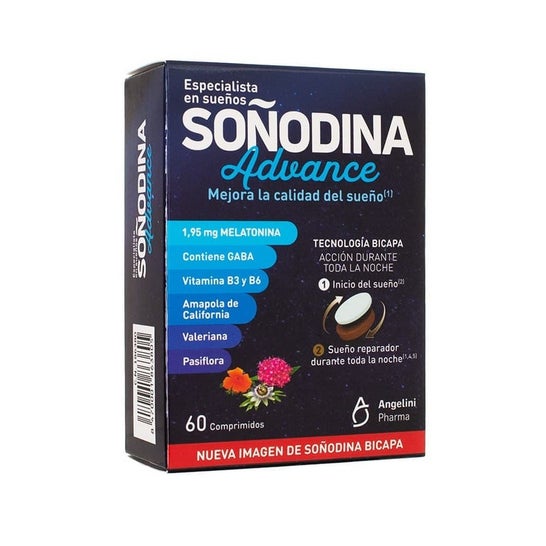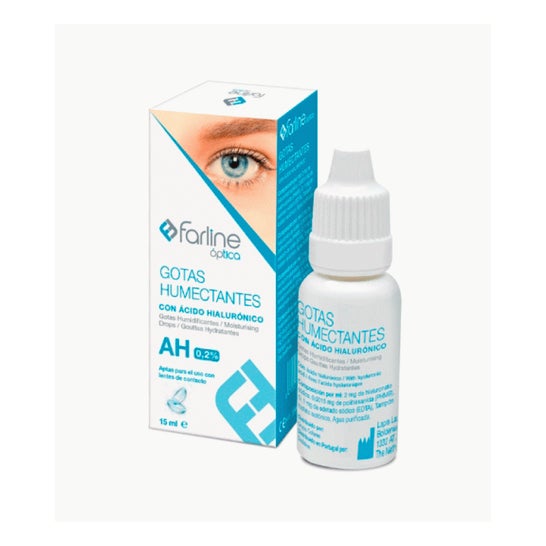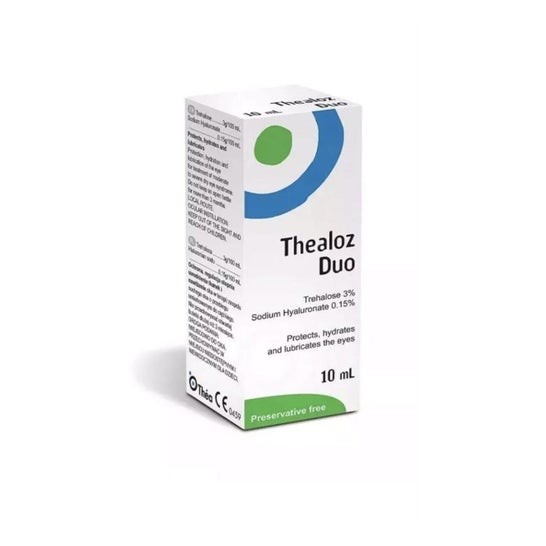Dietary supplement that helps to good relaxation and improve sleep quality. Contributes to the regulation of the sleep cycle and the normal functioning of the nervous system. Also to reduce the time needed to fall asleep and alleviate the subjective feeling of jet lag (jet lag). It is made with melatonin, GABA, extracts of California poppy, passionflower and valerian, vitamins B3 and B6. It contains an innovative bilayer tablet dosage form that allows an intelligent release technology designed so that its ingredients are released as they are needed throughout the night. Contains no added sugars, gluten, lactose. Format of 90 capsules 30 free.
Angelini Soñodine 90 30caps
Enviado por DocMorris
Enviado por DocMorris
Description
Instructions for use
-To help sleep: take 1 tablet at night half an hour before bedtime, preferably always at the same time.
-To help relieve jet lag: on the first day of travel, take 1 tablet at night before going to bed. Repeat the intake for several nights.
Unit price
Pharmaceutical Advice
You may have heard the term "circadian rhythms" and not known exactly what it refers to. Its definition includes any kind of physical, mental or behavioural change that occurs as a result of the light-dark transition. An example of this is staying awake during the day and sleeping at night. But how is melatonin related to this process? This hormone produced by the pineal gland is responsible for telling the body when it is time to go to sleep and when it is time to wake up. An imbalance in the production of this hormone (changes in work shifts, jet lag or mild insomnia) can lead to disturbances in the sleep-wake cycle.
Melatonin supplements help treat these sleep disorders and help provide some relief for mild insomnia. As well as helping to regulate our biological clock, this hormone also acts as an antioxidant that helps to fight free radicals and boost the immune system, reviving our natural defences.
To regulate melatonin levels, it is also essential to introduce a proper sleep routine and habits. For example, avoiding having a late dinner, establishing regular schedules, avoiding caffeine at least 6 hours before going to bed and avoiding using electronic devices at night. If mild insomnia persists, other symptoms appear or if you are taking some kind of medication, it is advisable to consult a healthcare professional.
Opinions
So far, and I have tried quite a few, it is the only one that helps me sleep
María J.
My mother uses it daily, she says it is very good for her, that she rests more...
ANA B.
Very good, I have been using it for a long time
Elisa M.
Since I've been taking them, I sleep much better
María J.
They are the most effective I have tried
Veronica G.
It hasn't worked for me.... But it depends on the person
Beatriz G.
The best melatonin I have tried
Laura L.
Fabulous price
Carolina A.
Great help for better quality sleep
Elisenda B.
I like it very much because although it is not immediate, I do notice that it has an effect, it induces sleep
María M.
good value for money
Anonymous A.
It's good, but we still don't know if we have found the 'perfect' version
Anonymous A.
It is effective and does not produce headaches the next day and, since it is a tablet, it can be taken whole or divided in two without any problem
Anonymous A.
Good
Anonymous A.
Since I've been taking it, I don't know if it's specifically because of the pills, but I sleep much better, especially in deep sleep, I notice that I wake up much less during the night.
Anonymous A.
I am doing very well
Anonymous A.
Good, although it does not work miracles.
Anonymous A.
The price
Anonymous A.
This is the second time I buy it and this way I get to sleep in a natural way
Anonymous A.
Going well
Anonymous A.
RELATED SEARCHES ABOUT Natural Dietary Supplements
New in Natural Dietetics
- Terapharma Vitamina C + Zinc + D3 20comp
- Aldous Bio Maca Negra 35.000mg 200caps
- MédiExpert Mediargic 30 Perlas
- MédiExpert Mediargic 90 Perlas
- ,Biogaran Melatonina Flash 1,,9mg 30comp,
- Biogaran Inmunidad 20 Perlas
- Viatris Noche Tranquila 30comp
- PhytoFR Bio-Citrucid Bio 150ml
- Vitae Vitalivio 30 sticks
- Vitae Vitalivio 10 sticks



